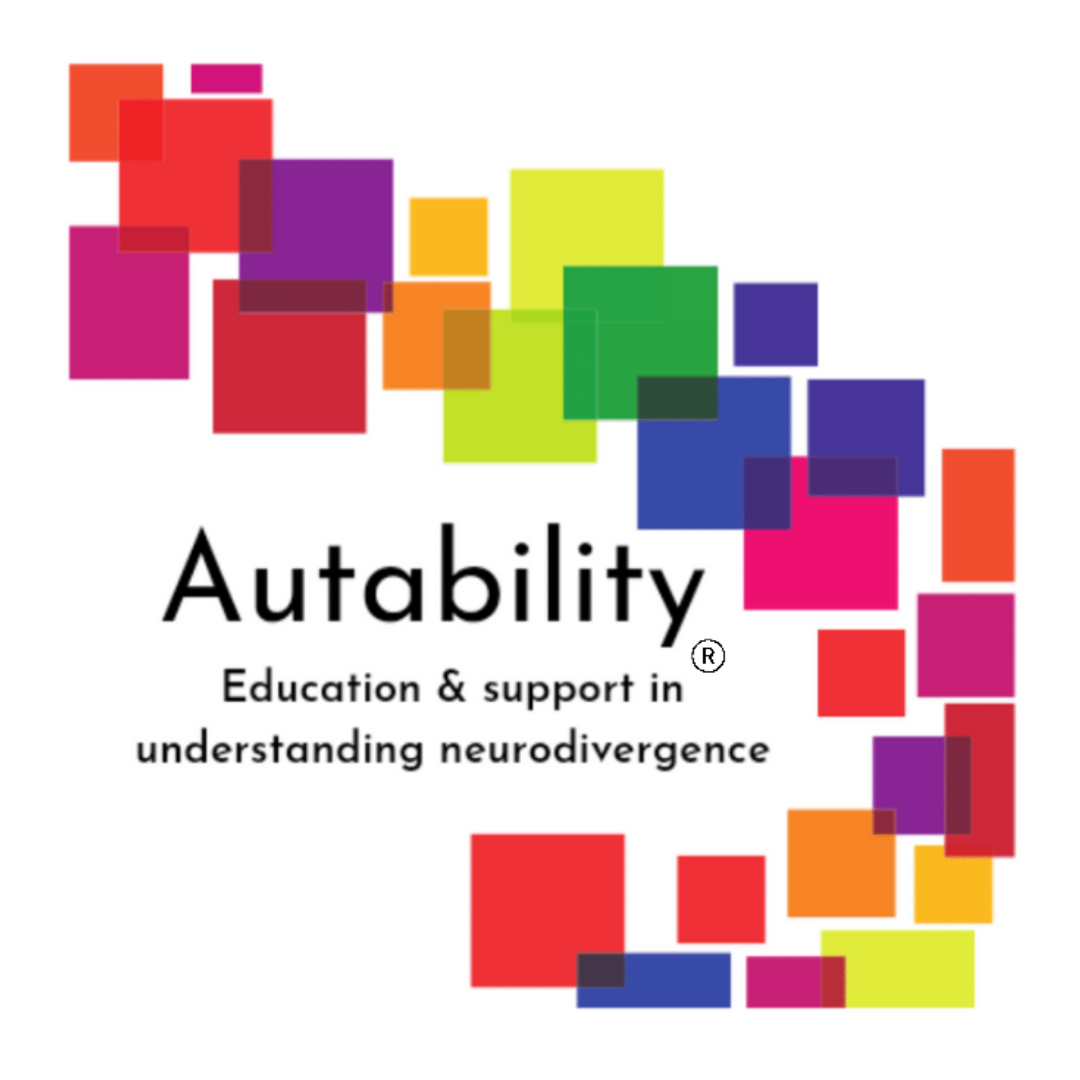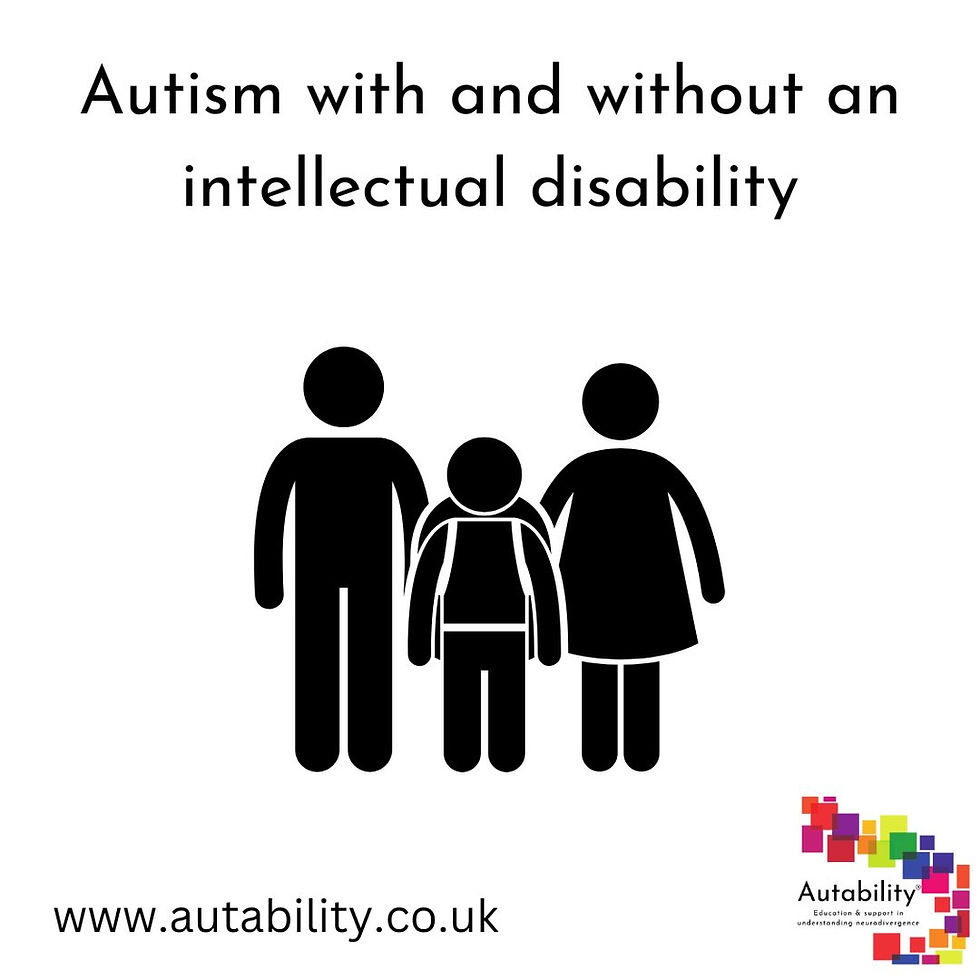The problem with taking things at face value.
- Autability

- Jan 29, 2024
- 1 min read
Taking things at face value is something that we all do everyday. We do it without question, probably even unaware that we are doing it. If we ask someone how they are for example, in most situations we don't question their response. If we offer someone a drink, we will most likely take their response at face value.
However, when dealing with supporting an autistic person, face value can be a hindrance in making sure the person has what they want, or need.
It can be easier to give an answer that we think is expected, or an answer which is easier than the one we would like to give.
Q - "Would you like a drink?".
A- "No thank you"
Answering no immediately ends the conversation. If we say yes, this is what happens.
Q - "Would you like a drink?"
A - "Yes please"
Q - "What would you like?"
A- "What do you have?"
As you can see by the example, the first response is much simpler even if it means that the autistic person is thirsty and would like a drink. This is something which needs to be considered when looking at support and adjustments for autistic children. They may say for example that they can cope with something that is actually very hard for them to do. It can also lead to conflict between home and school. Taking things at face value might be second nature but it might not be the best tactic when supporting or communicating with an autistic person.

.png)


Comments